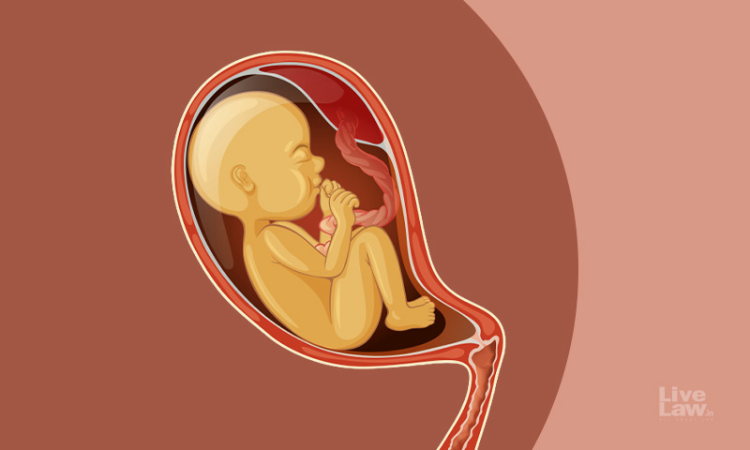Heartbeat Act: Stringent Abortion Law Comes Into Force In Texas As US Supreme Court Refuses Stay
Ashok Kini
3 Sept 2021 8:09 PM IST

Next Story
3 Sept 2021 8:09 PM IST
The Supreme Court of the United States (by 5:4 majority) refused to stay a law enacted by Texas effectively banning abortions as early as six weeks into the pregnancy.The law thus came into force on 1st September 2021.The new law viz. Texas Heartbeat Act, makes it unlawful for physicians to perform abortions if they either detect cardiac activity in an embryo or fail to perform a test to...
